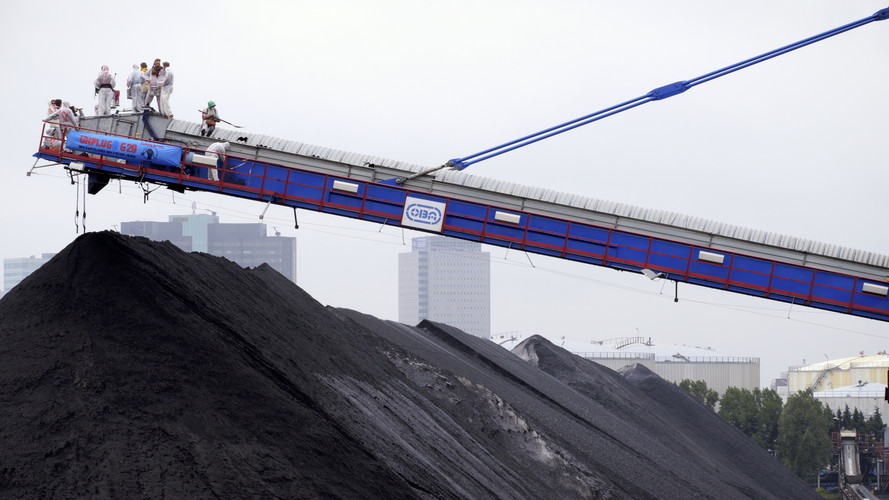Seeing through flames: Intersectional resistance toward (climate) justice
Vanina Saracino und Prof. Nina Fischer
This seminar unfolds as a continuation to More-Than-Human Perspectives and Tentacular Thinking (April–July 2021), which stressed the urgency to overcome the prevailing binary and anthropocentric paradigm to value the multiple and irreplaceable symbiotic relations thriving among all the critters that surround us. Reconsidering the prevailing notions of ‘consciousness’ and ‘intelligence‘ is crucial to acknowledge and understand the unique ways in which more-than-human life forms have evolved to solve problems—that of energy/food scarcity, among others—without recurring to destructive or detrimentally extractive practices.
Within the frame of ‘tentacular thinking’ (Donna Haraway, 2016), the new seminar Seeing through flames: intersectional resistance toward (climate) justice will reflect on art’s potential to transform our modes of seeing, and to translate this shift into lasting social change. From an intersectional perspective, it considers multiple artistic practices that pursue a political impact while also actively disengaging from the universalizing discourse of the Anthropocene underlining, instead, the multiple levels of discrimination (based on race, gender, economic condition, country of origin..) that must be taken into account when organizing collective action.
The term ‘intersectionality’, coined by Kimberlé Williams Crenshaw in 1989, has become widely used today as an analytical framework that makes sense of how aspects of a person's identity and their social, political, and economic status can merge to create different modes of discrimination and privilege. As Rebecca Solnit observes, “climate change is violence” on a global scale, against people, species, and places, and the current policies to counter arrest its effects mirror the existing inequalities on a geopolitical scale. Intersectionality demands thus the politicization of ecology and the synchronized practice of climate justice, equal rights, and historical responsibility when addressing climate change, acknowledging the fact that not everyone is equally responsible for it (although the generic ‘human’ of the Anthropocene suggests otherwise) and not everyone will be equally affected by its consequences. “If the Anthropocene thesis anesthetizes politics, what would it mean to politicize its visual culture?” (T.J. Demos, 2017).
Seeing through flames: intersectional resistance toward (climate) justice unfolds as a non-exhaustive survey of art’s most relevant acts of intersectional resistance thriving in the hybrid fields of experimental film and video. Further activities will include artist talks (Oliver Ressler and Grace Ndiritu, among others), visiting related exhibitions, and discussing relevant bibliography. Furthermore, this seminar will be a point of departure to develop a group exhibition in indoor and outdoor public spaces across Berlin, scheduled to take place in late summer 2022. The students will have the possibility to choose either the realization of a practical or a theoretical work related to the topics approached throughout the semester.
Wednesday, 10 AM–1 PM, bi-weekly (with few exceptions, see dates below)
First day: 20.10.2021
Further days: 27.10.2021, 10.11.2021, 24.11.2021, 8.12.2021, 12.01.2022, 26.01.2022, 2.02.2022, 16.02.2022, with additional time reserved for individual tutoring.
Location: GRU, Galerie, EG and online (digital classroom)
Please register in advance: ni.fischer(at)udk-berlin.de
Vanina Saracino is an independent curator, writer, and lecturer. In 2022, she will co-curate the Screen City Biennial Other Minds.
